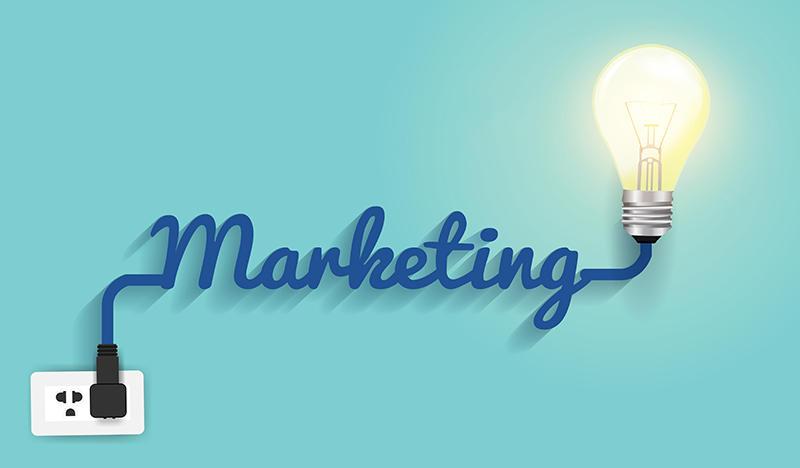Marketing is changing … It is important that each facet of the business is faced with these changes of marketing activity and that it trains the marketing team with future-proof tools and standards that will give it success.
Each marketing department plays a vital role in the success of a business. From promoting the mission of an organization to providing contacts with the sales team: marketing activity has a direct impact on the results of a company and its future success.
But it is important to understand that marketing is changing. Gone are the days of “expand and pray”, with the distribution of one-size-fits-all messages. It is important for each facet of the business, from the first line, to face these changes and train the marketing team with future-proof tools and standards that will give you success.
Here are some future-proof marketing activity ways that every company needs to know …
Use AI to increase marketing
Artificial intelligence (AI) marketing is here, and it lays the foundations for a future proof brand. Initially, AI focused on creating systems that could make intelligent decisions, but it has evolved rapidly and now has numerous applications in almost all sectors.
For marketers, AI provides the bridge between marketing and data. Ultimately, personalization driven by the human being is not scaled, but AI does, and that has given technology the legs in marketing activity.
By using AI, brands can understand and anticipate customer behaviors in order to provide them with better, more personal and more relevant experiences that lead to greater loyalty over time.
“According to Forbes,” AI can help offer a customized marketing trip by leveraging tools such as SMS, push notifications, email marketing and content recommendations, to better serve customers with appropriate and timely content. Business leaders should expect to see a future with greater adoption of AI marketing technology, and a wider range of AI-related technologies to be implemented in all their organizations.

Establish data privacy measures quickly and effectively
Data privacy continues to dominate the headlines. As a result, consumer concern about how companies are using, storing and protecting their data will continue to increase. Privacy and data protection is an area that demands attention in a business, from the meeting room to the first line.
More than 60 data breaches were reported to the Australian government’s privacy body in the first six weeks of the mandatory breach notification scheme. This, together with the arrival of the GDPR, has taken the consent to the forefront of the consumer mentality.
For business leaders, this means that, instead of a company taking customer data as a prerequisite of a purchase and then doing what it wants with them, a company must “get explicit permission to use the consumer’s data”. In addition, that information still belongs to the client, which means that you can decide who has access to it, when and for how long.
On the other hand, marketers should recognize the value of regulations, such as GDPR, that drive consent-based interactions that can lead to more refined, relevant and personalized interactions between brands and their customers. Do not forget that technology is the key to innovation
Emerging technologies, such as Blockchain, are the key to innovation that will not only greatly improve the customer experience, but also the experience of the seller.
Learning now how high potential technologies can benefit marketers in the coming years will generate dividends for the business. There are many other technologies to consider, both in marketing and in the rest of the business.
1) Augmented reality, virtual reality and immersive experiences
In a time when our lives are affected by technology from almost any angle, from online shopping to social media, the use of AR to create immersive experiences for customers can create exceptionally valuable experiences for consumers.
2) Automation
Most of the current brands already use scale automation to operationalize, personalize and improve customer relationships. This will continue to be more sophisticated over time.
3) Geolocation
Pairing mobile apps and push notifications with the ability to know where customers are will help organizations offer hyper-relevant content based on location, such as stock updates or store-based offers.
4) Virtual assistants and chatbots
Chatbots are already being used by companies such as “Domino’s Pizza” and “KLM Royal Dutch Airlines” to boost sales and improve the customer experience; this is another trend that is increasing as the robots become more intuitive and human.
What will continue?
Business leaders should remember that the marketing strategies that worked 10 years ago or even 5 years ago are now outdated.
Marketing teams cannot become complacent, and organizations must not allow the technological innovations that can drive their brands to pass by.
At the same time, companies must be transparent about how and why they use customer data. This has become critical to obtain and retain customers.
Understanding these basic concepts is a sure way to test an organization’s marketing activity and drive success in the coming years.




